There is no shortage of data in the hospitality industry. From travelers browsing your website to entering information on OTAs and post-stay surveys, hoteliers collect immense amounts of hotel data daily. For this data to be useful, it must be organized and filtered, so it’s decipherable and helps guide decision-making.
Decisions Based on Business Intelligence
Using data analytics, hoteliers can examine vital business intelligence information collected from sources, like their reservation system or Google Analytics, to inform their decisions around delivering better guest experiences and increasing revenue. Using data analytics software, the process of filtering and deciphering hotel data can be streamlined to reduce the burden on staff and increase efficiency.
Read on to learn more about the role of data analytics in the hotel industry and how to use data to improve your hotel’s performance across different departments.
4 Types of Data Analytics
Before diving into the specific types of data in the hospitality industry, it’s essential to understand the basics of analytics. Data analytics can be split into four main types, and the kind of analysis you use will depend on your objectives and available data.
The four types of data analytics include:
- Prescriptive analysis – pulls from data to determine the best course of action to answer the question ‘what should we do?’
- Diagnostic analysis – uses data to determine the cause of an outcome or trend to answer the question, ‘why did it happen?’
- Predictive analysis – uses current and historical data to predict future outcomes to answer the question, ‘what is probable in the future?’
- Descriptive analysis – uses historical data to answer the question, ‘what happened?’
5 Benefits of Data Analytics
It’s well known that data is imperative to remaining competitive and optimizing hotel operations – but there are a few other significant benefits of incorporating data analytics as a core part of your business. These include:
- Improving your pricing strategy based on competitor and market data
- Increasing future occupancy by analyzing historical booking patterns
- Optimizing staffing levels by tracking labor costs per occupied room
- Identifying the most profitable guest demographics through spending behaviors
- Understanding traveler preferences to increase guest satisfaction and loyalty
Data Analytics by Department (+Tools)
Within your lodging property, each department has opportunities to leverage data analytics to streamline workflows and improve decision-making. Make sure to utilize data analytics software to automate data collection, processing, storage, and reporting within each department and save your team work hours.
Guest Experience
Ensuring a positive and consistent guest experience is pivotal to a successful business and requires input and collaboration across departments, from the front desk to housekeeping and maintenance. To measure if guest experiences are meeting expectations, tracking real-time data from online reviews and post-stay surveys is critical.
Based on this hotel data, you can understand guest sentiment, uncover trends, and prioritize improvements that will most significantly impact guest satisfaction and loyalty. Using these insights, you can optimize your marketing efforts, including social media posts and website offers to attract guests and increase revenue.
Tools to use: Ensure you have a property management system (PMS) that acts as the central repository of guest information. Look for a modern front desk solution with a guest engagement integration to streamline communication and feedback collection.
Food and Beverage
If your hotel offers food and beverage services – like a continental breakfast, an onsite bar, or a five-star restaurant – it’s crucial to analyze your revenue data to ensure profitability. Identifying ways to increase guest spending through upsells, promotions, or menu engineering can help you grow margins to drive revenue. Analyze your labor costs, food and beverage costs of sales, and average check amount as a starting point.
Tools to use: Use point-of-sale (POS) systems and labor management software to help manage costs, optimize scheduling, and increase guest spending.
Marketing
Hotel marketing efforts deliver valuable data like website traffic, search intent, and engagement rates to help you better understand who is interacting with your content. Based on these results, you can develop a strategy on what channels are working best and where to shift focus to drive more traffic or change who you’re targeting.
Tools to use: You can utilize web analytics tools, advertising platforms, marketing automation platforms, or social media management tools to optimize your marketing efforts and provide detailed reporting and insights.
Revenue management
One of the most data-heavy departments is revenue management. Understanding your hotel’s performance through metrics like the average daily rate (ADR) and revenue per available room (RevPAR), combined with market demand and competitor demand, is invaluable to effective decision-making. Hotels must stay on top of this hotel data daily using a dedicated revenue manager or effective revenue management software (or both!) to compete effectively.
Tools to use: Use rate shopping tools to keep an eye on competitors, channel managers to manage a diverse distribution strategy, and revenue management tools to manage rates and inventory.
Getting Started with Data Analytics
While data can be overwhelming, with the right tools, you can get a lot of valuable insights without a lot of manual work. It’s essential to determine your priorities for each department and what hotel data you want to collect and analyze to help with your decision-making. From here, you can invest in tools to cleanse the data and deliver actionable insights. Ensure you use these insights in your decision-making process and consistently make improvements based on new findings.
Free Guest Satisfaction Survey Templates
Hoteliers may learn what their hotel is doing well and where it needs to improve by monitoring satisfaction levels through guest surveys. The bottom line benefits from satisfied customers’ recommendations and repeats business.
Click here to download the “Guest Satisfaction Survey Templates”.
More Tips to Grow Your Business
Revfine.com is the leading knowledge platform for the hospitality and travel industry. Professionals use our insights, strategies, and actionable tips to get inspired, optimize revenue, innovate processes, and improve customer experience.Explore expert advice on management, marketing, revenue management, operations, software, and technology in our dedicated Hotel, Hospitality, and Travel & Tourism categories.



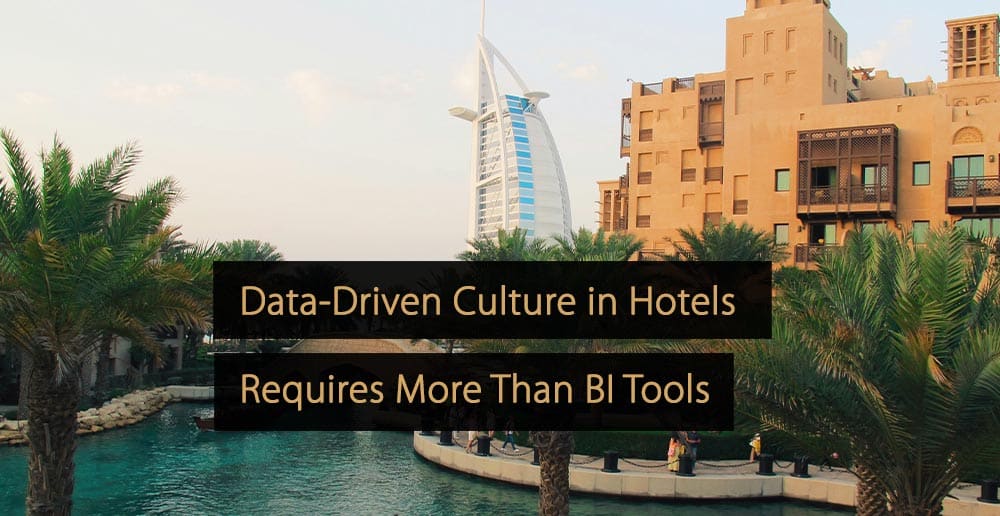
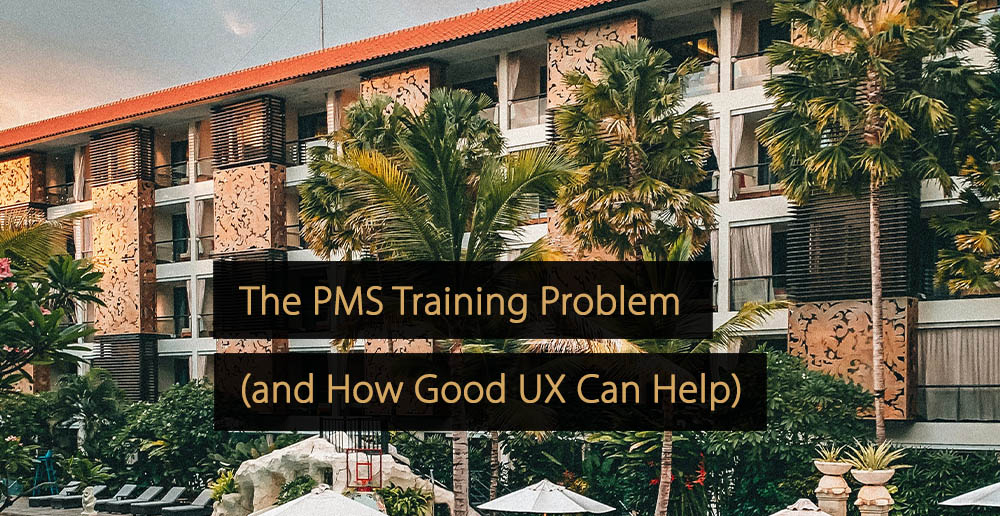
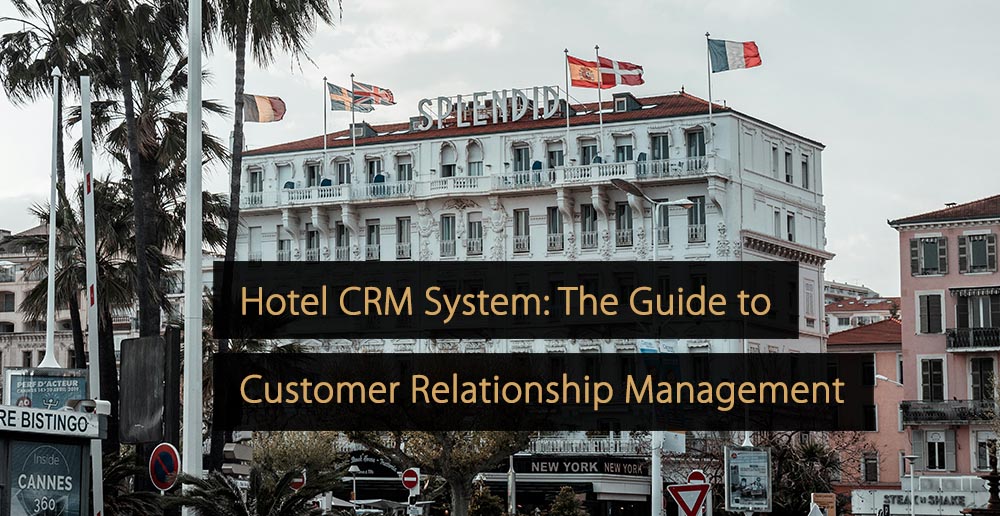
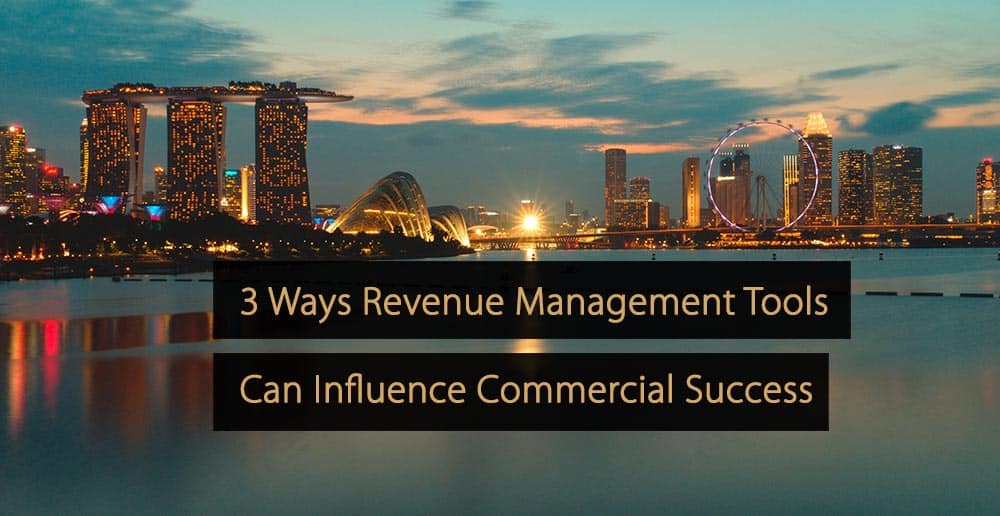
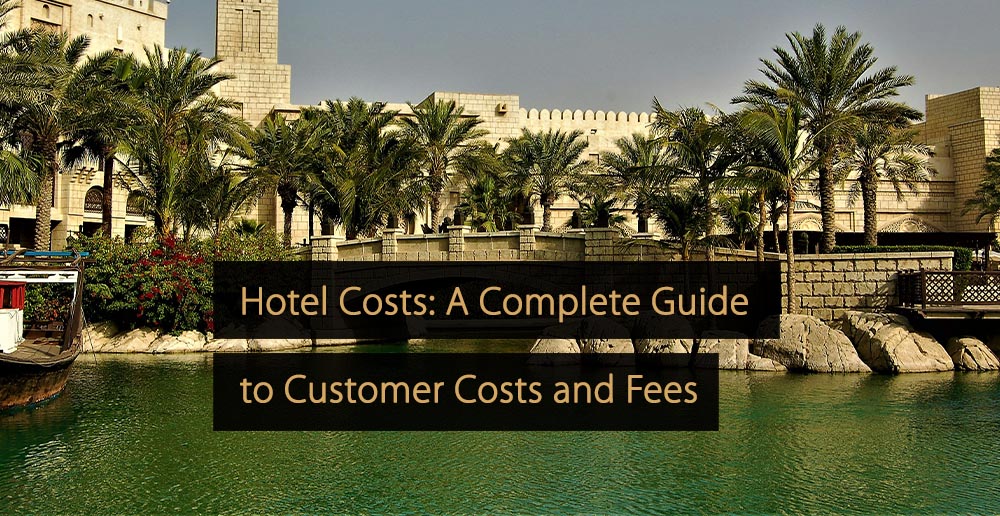
Leave A Comment